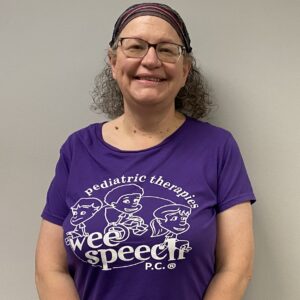Soft skills are personal attributes that influence how well you can work or interact with others. These are the “people skills” that can affect our relationships and interpersonal interactions. The term covers a wide range of skills and includes communication, a positive attitude and politeness, professionalism, teamwork, problem solving, critical thinking and time management.
As we prepare middle and high school students for the workplace, the traditional focus is on academic and technical/hard skills. But soft skills are also critical to students’ future success at work. Developing soft skills can be especially difficult for students with social-pragmatic and communication challenges. Speech-Language Pathologists (SLPs) are in a position to help by targeting what will eventually become workplace soft skills. We can give clients the chance to practice their skills in a supportive clinic or school environment, so they’re ready to use them in the workplace. By honing in on these abilities, we can encourage students’ growing independence and help develop qualities that employers will value.
In order to improve employment outcomes for people with disabilities, federal law requires that public schools introduce transition plans from school to vocational training, college, or employment on IEPs by the time students are age 16. This IEP transition-planning process provides an ideal platform for discussing vocabulary and concepts related to soft skills. A student’s support team, including SLPs, plays a key role in helping prepare students for this shift in goals and expectations. The more our students think about and practice soft skills, the better their chances of finding success in the workplace.
For a list of characteristics that contribute to the key soft skills for workplace success, and access to the full ASHA Leader article, “What’s So Hard About Soft Skills? “, click here.
Get a Free Online Assessment
Looking for an expert opinion on your child's needs? Fill out a 3 minute questionnaire and receive a personal evaluation from our staff



